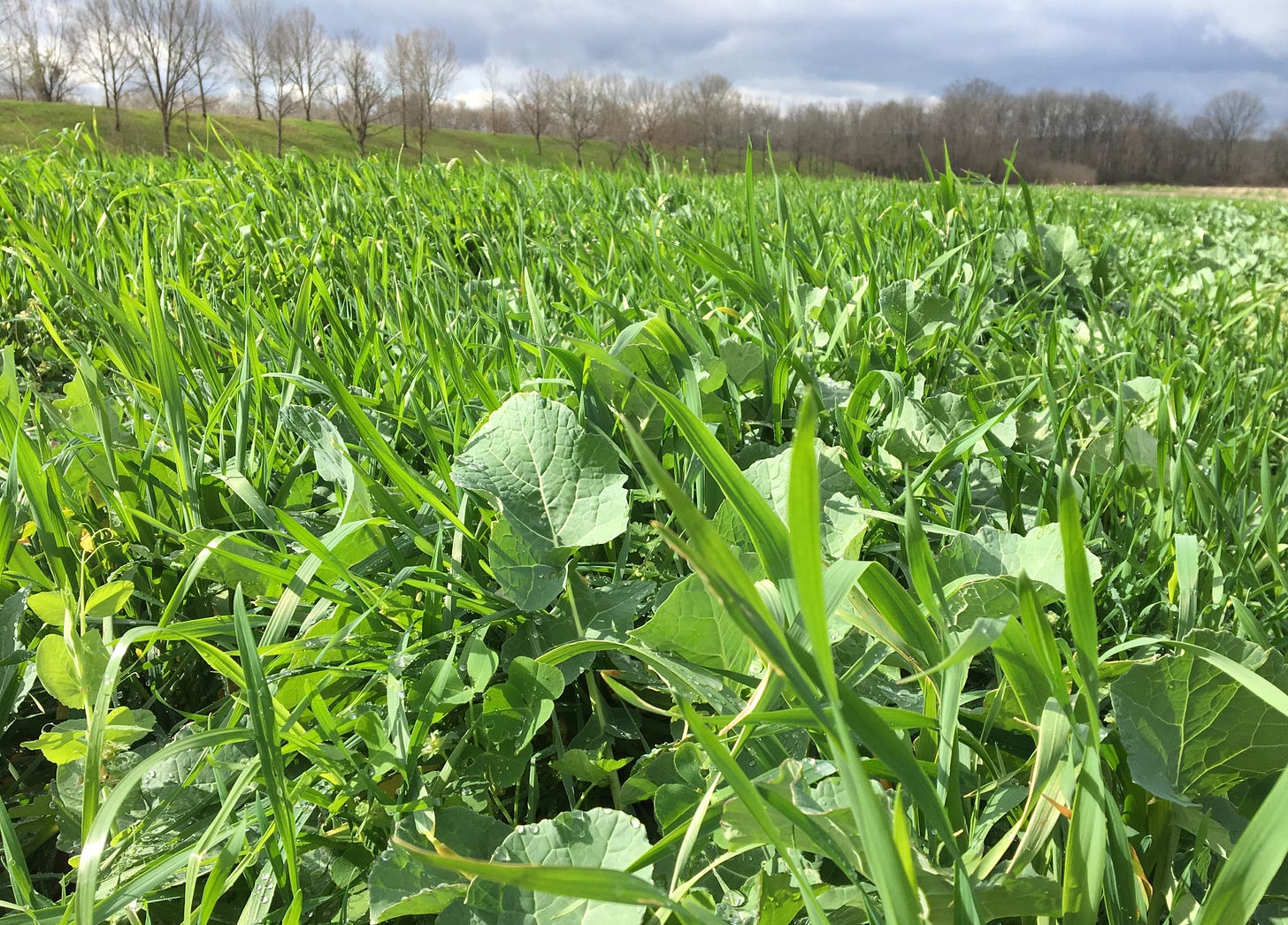As our CSA season winds down, a bit of relief sets in. Our debt is paid. Our guest workers will return home for the winter soon and it will just be us. I fantasize about sitting by the fire, a warm mug of tea in my hands, a good book in my lap, fuzzy slippers on my feet. It may be cold and rainy outside, but I am cozy, enjoying a well-deserved break.
Instead, I’ll find myself head to toe in multiple layers, including rain gear and mud boots. Some days I will canoe to the garden and canoe the harvest out. Some days the wind will have the rain coming sideways, straight at my face. There will still be farmer’s markets and restaurants are always busy during the holidays, until well after NYE. We’ll have our own holiday celebrations to squeeze in. Our year-round staff will, naturally and rightfully, want the holidays off as well. January brings planning, seed orders, hiring, new CSA membership sign ups, and greenhouse seeding begins mid-January. My dream of a restful and rejuvenating winter will not come to fruition.
Another winter dream is completing all of the cleaning, organizing, building, and maintenance projects that we never seem to have time for during the peak production periods. They build up during the year. I think to myself, ‘I’ll get to that in the winter’, but then it passes so quickly and often the to-do list remains unchecked. David and I often talk of the changes we know we need to make and yet can never seem to find the time to do so. We find ourselves unable to implement the knowledge we have attained through our years of farming, instead seeing all that is not being done, or not being done the way we would like.
Season extension is helpful. We have strong sales and lower overhead. The profit margins are good, but I wonder if year-round farming interferes with natural cycles and seasonality which formerly included a period of rest.
We know so well about cover cropping and crop rotation, about the dangers of overexploitation and depletion of the soil, but often we neglect to apply similar principles to our own bodies and minds as farmers.
How can we ensure we get the rest we need to go into a new season? What if, in some places (Alabama, for instance), summer is when we should rest? High tunnels can be downright comfortable in winter here, but there is no retreat, no respite, from the heat of a southern summer.
The classic ‘sabbatical’ is the academic one, intended for faculty members to engage in scholarly research and enhance their capacity to serve the institution they work at. They are also meant to generate creativity. However, it originated from an agricultural practice in Isreal, mandated by the Torah, called Shmita. It states that every seventh year the fields should remain fallow and all debts be forgiven at the end of the year. When I first read about this, I thought “That’s it! There is precedent for this.” However, most farmers find a work around through symbolically selling their land for the shmita year and then buying it back after, or alternatively, through growing hydroponically or in containers, not in the soil.
Then I read about a Canadian wheat sabbatical, organized in the early 2000s in order to boost grain prices. Each farmer put $250 toward a trust account and promised to take a portion of their land out of production. I can’t seem to find any follow-up on whether or not that ever came to fruition, though the group had 3,500 members (600 from the U.S.). The lack of information leads me to believe it did not work in the end.
A handful of blog posts mention small farmers going on sabbatical. The most promising told of farm owners finding former staff members to run the farm, minimally, while the farmers took the year off to travel.
A year would be too long for me. I can envision it for a certain amount of time, but then would likely feel the call to return to work. It could not only be a time of rest, but also a time for big ideas, for changing things, directly upon our own farms and also within the larger farming system. Then, once everything was in its place, the daily work of planting, harvesting, washing, packing, and delivering could resume with vigor.
Would you enjoy a sabbatical? What would the right amount of time for you be? What are the barriers to making this happen? I’d love to hear your thoughts.
At the very least, my wish is that this winter you find yourself sitting by a fire with a cup of tea and a book of good fiction.
With hope,
Margaret Ann
UP NEXT: Crop Planning (and when it goes wrong)







